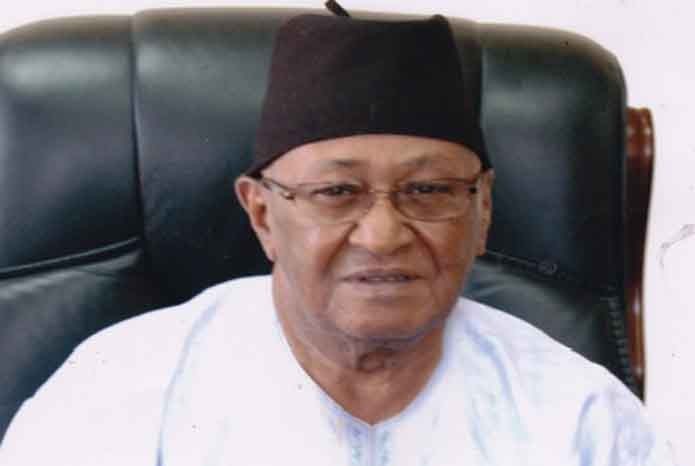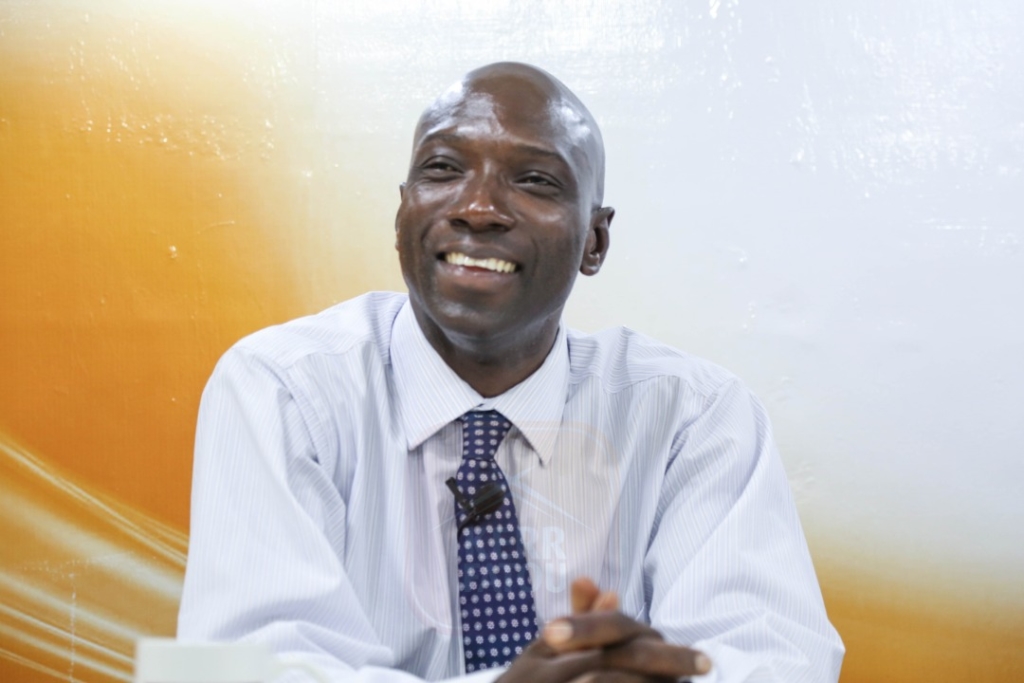By Sainabou Gassama
The CEO of Fantanka Organization, Mariama Jobarteh has highlighted on some key factors causing early marriage in The Gambia.
Speaking to The Voice Newspaper last Thursday, she said early marriage is an issue in The Gambia and needs to be addressed.
She said despite the law forbids a young girl to get marry before the age of 18 “it’s still happening in our country. During our regional tour we discovered that young girls are giving off for marriages. Is either they don’t want the marriage or they are forced into the marriage.” She disclosed.
According to her, “parents especially mothers encouraged their daughters to get married because they believed that will bring income in their families. Girls have pointed out that their parents will get them married to the ‘Semesters’ because they believed those people will in turn look after their families,” she further disclosed.
She said the other reason is because their friends normally have lots of gifts from their friends and they had beautiful wedding ceremonies, to get those gifts and ambiance, resulted to parents pushing their daughters to get married earlier than they should.
More so, “it’s always challenging for girls who wants to finish schooling nowadays especially in the rural Gambia, because the pressure is more on them as their Parents will encourage them to get marry with the misconception that if they don’t get marry earlier and have kids earlier they will not be able to have kids at certain age.”
The Fantanka CEO went further that parents are not seeing the health risk attach to early marriage, “if a girl got married while her reproductive system is not mature to bring out children, she may die during the process. We have sensitized them about Fistula (sickness), where young people basically don’t have control over their reproductive. Girls are not given the opportunity to decide their sexual and reproductive rights their parents are the ones who decide who they should get married to.”
She went on that did comprehensive education for the girls who are not yet married to know their sexual rights and also talked to their parents to try and understand the repercussion attach to early marriages.
However, she noted that this is happening in both the rural and urban communities. She gave a scenario where an Imam was taken to the police for attempting to marry a fourteen year old girl, “the case was reported to the police and letter proceeded to the social service and the girl got out of their house for a period of time.”
“Women cannot even disclose the troubles they are facing in their marriages because of the culture of silence, ‘Mashlaha Syndrome’ which leads to psychological issues. When we visit this regions, we realize that girls as young as 17 and 18 years old are married with lots of children. We encouraged the use of contraceptives and we had an intergeneration dialogue where young people will have discourse with their parents to frankly tell them the things they dislike and facing their marriages.” added





